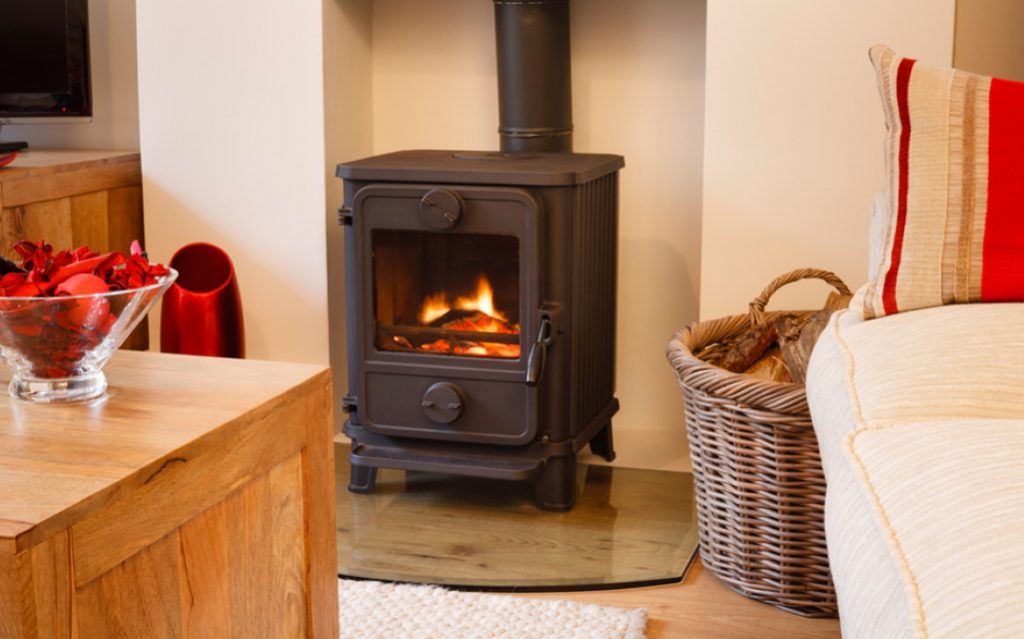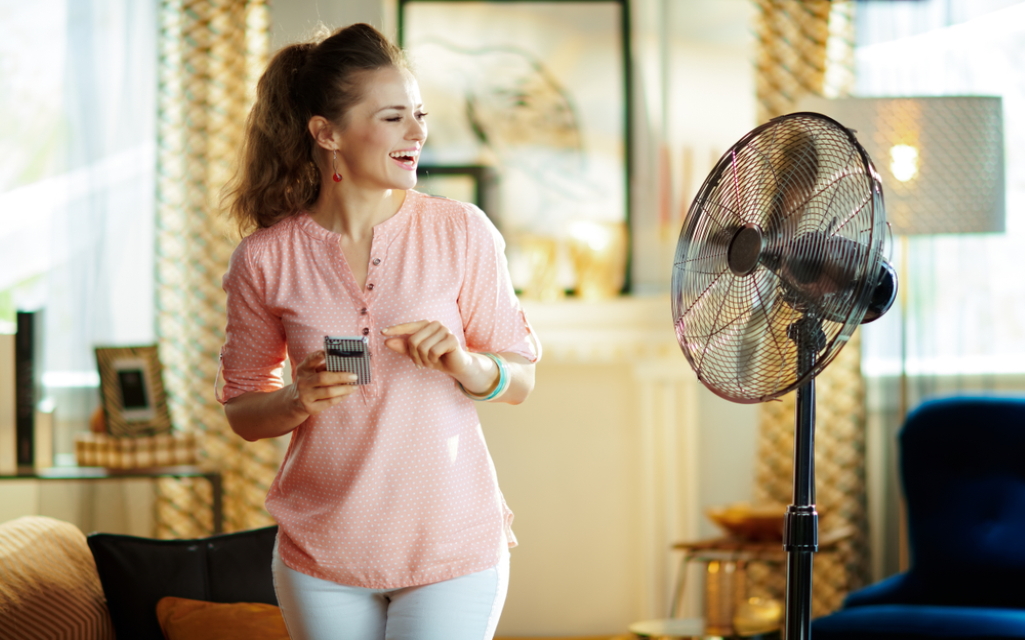A healthy home is safe, clean, reasonably tidy, well-ventilated, free from contamination, pest-free, and dry. It will also be well maintained, bearing in mind neglected homes are generally not very healthy, making them high risk areas for accidental injury and illness.
While keeping your home clean and tidy and ensuring it isn’t contaminated by pests or toxic substances is certainly a good start, there are other more appropriate, if technical ways that will keep your home healthy 12 months of the year. Some will require the services of a professional, for instance,someone who offers the best engineering solutions in Chicago, New York, Delhi, Toronto, or whichever city you live in. Others simply require some savvy and an investment on your part.
How to Keep Your Home Healthy
These are five proven ways that you can ensure your home is always healthy:
1. Controlled ventilation
You want to be able to breathe healthy air all day and all night long. Mechanical ventilation that is controlled is the best way to ensure there is a comfortable indoor environment that is protected from the health risks that arise from indoor pollution. Controlled ventilation also reduces the possibility of damage being caused by moisture that might otherwise have infiltrated the house.
Energy-recovery and heat-recovery ventilators are being used more and more for controlled ventilation in homes that are airtight, which is, of course, a prime factor for energy efficiency. They deliver a balanced ventilation system that is both reliable and healthy, even though they are admittedly on the expensive side.
These ventilators sometimes have their own duct systems though they can also be attached to a central forced-air conditioning system. Perhaps amazingly, they are able to salvage as much as 70% of the energy released into the stale exhaust air, transferring it to the fresh air that enters the system. This is done via a heat exchanger that is part of the ventilator.
2. Well-balanced heating and cooling

For comfort’s sake, you want to be cool in summer and warm in winter. While you can use a fan in summer and energy-efficient space heater or wood-fired stove in winter, a properly designed heating, ventilation, and air-conditioning (HVAC) system is far superior and ultimately more cost- and energy-efficient.
Essentially, a professionally designed HVAC system will distribute air that has been heated or cooled, depending on the ambient conditions, throughout the interior of the home. And you can be sure that the air will be healthy. It’ll carry a higher price tag than individual appliances, but you’re likely to notice an immediate decrease in utility bill costs.
There are many different types of heating and cooling systems, including dual systems that incorporate a network of hidden ducts, and heat pumps that use a heat exchange process for both heating and cooling, depending on the season. More efficient and clearly more energy-efficient than electricity, heat pumps literally switch the direction of the heat exchange depending on whether cooled or heated air is required.
3. Improved insulation
Insulation is more important than most people realize. By designing a house with insulation in the walls, roof, and even the basement, the insulation creates a thermal envelope that essentially shields the interior of the house from the outside elements 24/7. Not only will this keep you warm when the weather is cold and cool when the weather is hot, but it also helps to maintain the quality of air inside the house.
While it is true that good insulation should be incorporated in every house that is built, if your home isn’t properly insulated, there are ways to rectify this, for instance by getting a professional company to fill gaps and make sure the insulation is well compacted.
You don’t need an engineer to do the job, but if your home is not well insulated, chances are it isn’t very healthy either. For this reason, it’s worth considering getting in someone who offers mechanical engineering services in Chicago, New York, or the city where you live to come in an give you an idea of what needs to be done to improve the insulation.
4. Energy-efficient appliances
One of the easiest ways to keep your home healthy is to use appliances that are energy-efficient. This includes the off-the-shelf appliances used for HVAC.
Even though energy-efficient appliances do cost more, they save money in terms of energy costs and they don’t pollute the air like old fashioned appliances used to do – that’s why they are important for our health.
At the very least, invest in high-efficiency appliances for washing dishes and clothes, for drying, and for refrigeration purposes. Always check the EnergyGuide label to be sure just how energy efficient they are.
Energy-efficient lighting is also important especially because it produces less heat and so cuts down on cooling requirements. That too is a healthier option.
5. Get rid of toxic substances including VOC paint products
So you need to be sure your home is pest free for it to be healthy, but spraying toxic substances to get rid of insects, and putting down traps for rats and mice is both unhealthy and inhumane.
Paint products that contain volatile organic compounds (VOC) are downright unhealthy. The VOCs emit unstable gases that harm the environment and people and animals. They are regulated but do need to be avoided.
Generally, it’s best to use zero-VOC paint and wherever possible use natural remedies for insects and other pests.
If for nothing else, do it for the sake of your health and the health of your family.



